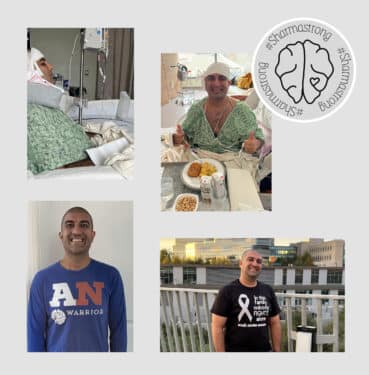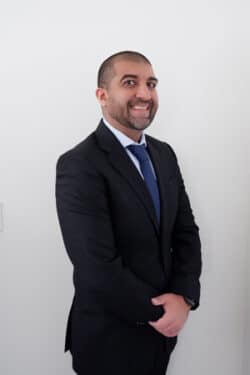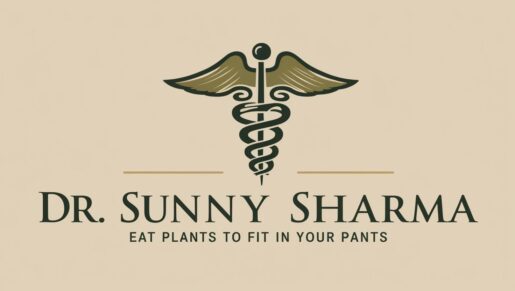Why our health demands a new approach
I was told I’d need months of therapy after brain surgery. Instead, I walked out of the hospital just two days later.
At 36, I underwent a 14-hour surgery to remove a brain tumor known as an acoustic neuroma. My surgeons expected a long, difficult recovery, but when they saw me walking, moving, and healing far beyond expectations, they were stunned. What they didn’t know was that, from the moment of my diagnosis, I gave myself the best chance for success possible by focusing on the six pillars of lifestyle medicine: nutrition, physical activity, restorative sleep, stress management, risky-substance avoidance, and positive social connection.
I had studied these principles for years and earned board certification in lifestyle medicine alongside internal medicine. But when my own health was at stake, those principles became deeply personal. I knew that if I wanted to recover, not just survive, I had to fully embody the very practices I had recommended to patients. The results were undeniable. My recovery became living proof that lifestyle is not simply an adjunct to medicine — it is medicine.
That experience transformed the way I see healthcare. Pills and procedures can save lives, and I will always value them. But they don’t teach people how to live. They don’t reverse years of unhealthy patterns or build resilience for the future. Those changes come from daily habits — the food on our plates, the way we move our bodies, the quality of our rest, and the relationships we nurture.

Unfortunately, our current healthcare system doesn’t give physicians the time to focus on these fundamentals. Office visits are rushed. Patients often leave with prescriptions but little understanding of how to build a healthier life. The system is designed for sick care, not true healthcare.
That’s why I made a shift. I opened my MDVIP concierge practice in Hoffman Estates, the community where I was born and raised. I work out of the same hospital where I was born. Here, I can spend real time with patients, hear their stories, and create personalized plans that emphasize prevention, resilience, and longevity. My patients aren’t numbers; they are partners in a journey toward better health.
Chicago deserves this shift. Too many of us are burdened by preventable diseases. Too many families watch loved ones suffer from conditions that could have been avoided, or even reversed. We need a model of care that looks at the whole person, not just lab results or imaging scans.
My brain tumor taught me that life is fragile, but also that it can be rebuilt stronger than before. Today, that lesson drives me to help others find strength, reclaim control, and create their own stories of resilience.
It’s time for Chicago to embrace a new vision of health; one that doesn’t just add years to life, but life to years.
Because in the end, the most powerful medicine we have is the way we choose to live.












